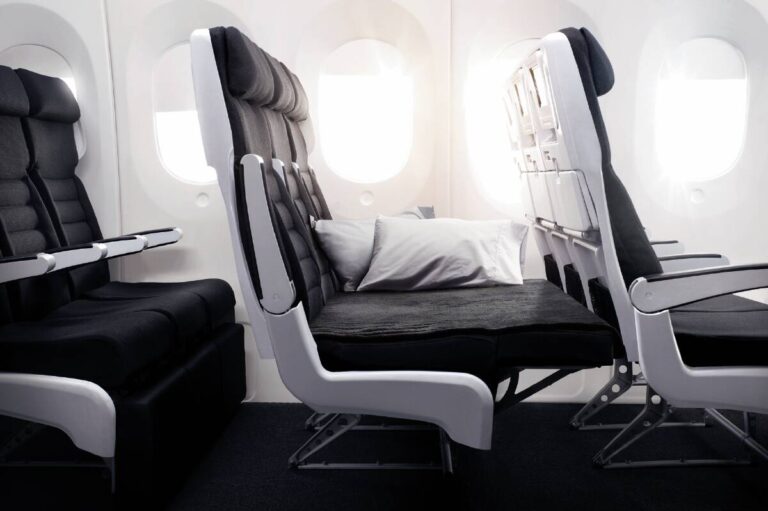How solo travellers can save money
Travelling alone means you can do what you want, when you want. Not having a travel group means there’s no chance of disagreements arising. After doing research on the dangers of solo-travel and properly assessing and mitigating the risks involved, independent travel can be a fun and exciting way to enjoy your next getaway.

However, as with any type of travel, planning your finances for the trip ahead can be exhausting and stressful. That’s where this guide comes in. Here are several ways to save money on your next unaccompanied journey.
Your accommodations deserve a second thought:
Hostels can provide the same luxury as traditional hotels at a cheaper rate. They also offer more socialization opportunities than the latter. You may find yourself meeting a stranger at the beginning of the trip, but leaving with a lifelong friend. People may be more inclined to be friendly in a hostel considering they essentially live with you–whereas in a hotel you have your own room, so sticking to yourself isn’t that hard. And if you’re worried about quality, there are tons of different luxury hostels you can even choose from.
Easy ways to get there cheap:
Packing light can still save you money on things like checked baggage fees. Before your trip, really be sure to consider what items you’ll need and what would be cheaper to just buy on location, like toiletries, and certain non-vital medical items. You may even want to consider just packing everything into a carry-on bag to forgo the checking fees altogether. Just be sure you know the airline’s policy on carry-ons and personal items like size and weight.

There are many ways to save when buying your tickets as well. As a solo traveller, you won’t need to plan around other people’s schedules. Therefore, you can essentially book your flight for whatever day is most convenient for you. As a general rule, it is cheaper to travel in the off-season, so that may be something to consider if you want to save. Take it one step further by planning your flight days for the middle of the week rather than the weekend.
Unknown to many, you can sometimes save by buying two separate one-way tickets instead of a pair of round trip tickets. Just be sure to do some research to see if buying the two tickets will actually save you any money.It should also go without saying nowadays, but be sure to do all of your research in incognito mode to get the very best deals.
Free things can be fun things:
Take advantage of the many free museums and parks available worldwide. The National Gallery in London (my local!), the Smithsonian Museums in Washington DC, the Nationalmuseet in Denmark, and many, many more are all free and nationally recognised.
If museums aren’t really your thing, there are plenty of alternatives. Parks, beaches, and forests are all great, scenic options; just be sure the place you are visiting is, in fact, open to the public. There are even many free festivals out there, but be careful–bigger festivals and holidays can actually sometimes make your travel and accommodation more expensive in the long run.
If you’re staying with a business or organization that offers free breakfast, you can plan your meals strategically to make your dollars last longer. Fill up before you head out for the day so you’ll still enjoy your meals, just with smaller portion sizes. Some cheap street food can be the perfect snack too: as they offer small serving sizes at an even smaller price.
Work smarter, not harder:
While it might cost more money initially, in the long run, buying and using a local sim card can save you a lot of time, money. With it, you can access any information you might need on the go without having to pay ridiculous roaming charges. No need to worry about purchasing any local maps, dictionaries, or other travel essentials. Everything can be done from your phone nowadays, so be sure to take advantage of that opportunity.
When travelling abroad, there are tons of different fees that may surprise you. Currency exchange fees, foreign transaction fees, and dynamic currency conversion fees are just a few examples of unwanted fees that can come up while abroad. For starters, when you exchange your currency, avoid airports and big shopping areas. Those places usually don’t have the most favorable rates. You could also try carrying a little extra cash too just in case–but that can come with a few risks. In order to avoid both the fees associated with being abroad and the risk of carrying cash, you could also choose a bank without any fees. Many online-based financial platforms are widely available, so you can access them anywhere.
Solo travel can be a unique and exciting experience for those who can properly manage the risk involved. However, risk should be one of the only things preventing someone from taking this trip of a lifetime, not financial trouble. With proper saving skills and a good financial strategy, you should be able to take that trip for much less than you might expect.



